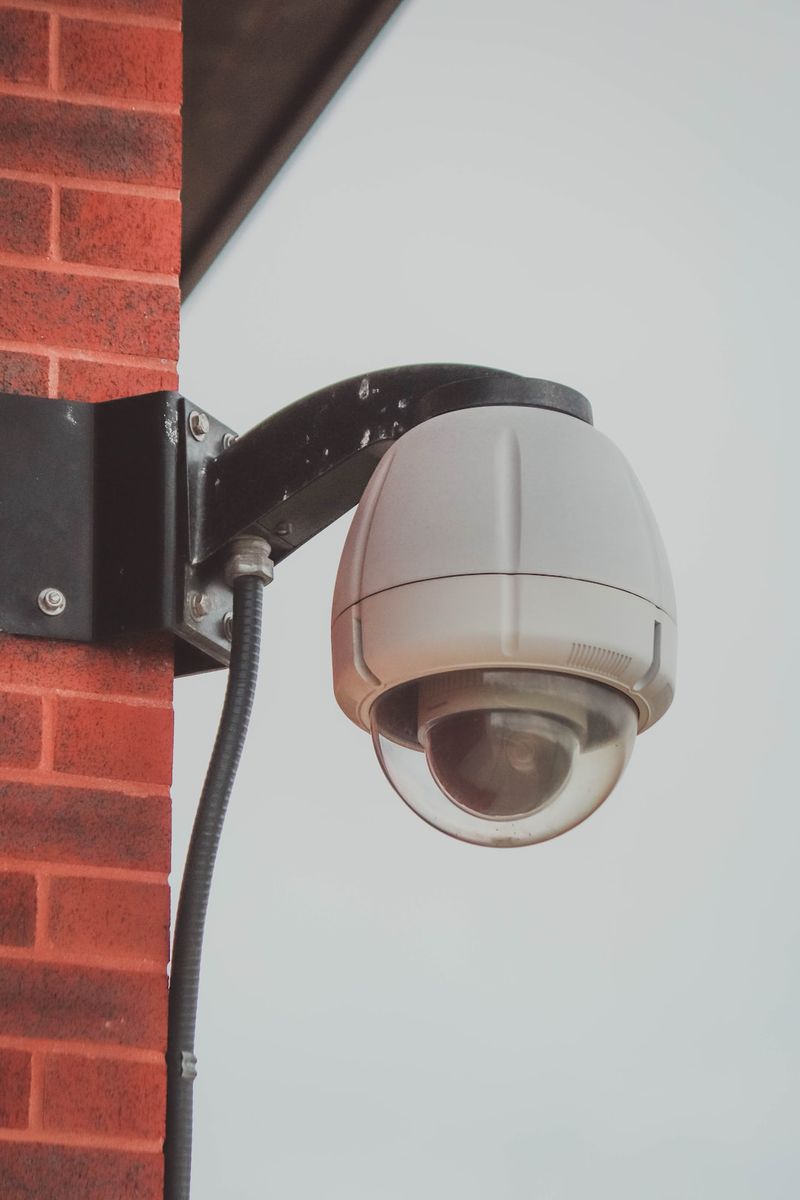Cybersecurity in the Digital Age: Countering State-Sponsored Cyber Espionage
In today’s digital age, cybersecurity is a critical concern, especially with the emergence of state-sponsored cyber-espionage actors tied to the Chinese government. Chinese advanced persistent threat (APT) groups equipped with significant resources pose a global threat as they grow their capabilities and expand their range of targets. These groups have been implicated in cyber-espionage attacks against major companies like Google, Adobe, and Dow Chemical, as well as military, commercial, research, and industrial corporations.
Stealth: The Essential Element of Cyber Espionage
Cyber-espionage is designed to be clandestine. The objective is to covertly access and retrieve sensitive information without alerting the targeted organization or nation. If the attacks were noticeable, targets would likely detect the breach, leading to immediate measures to terminate the attack and secure the system. This would prevent the attacker from achieving their objectives and allow the target to manage the risk posed by the exposed secrets.
Operating in stealth mode facilitates an extended period of access for attackers, enabling them to extract more data. An advanced actor can persist within a network for years before being uncovered, if caught at all. Stealth also helps maintain the attacker’s anonymity, which is crucial to avoid retribution, legal consequences, or geopolitical fallout.
The Supply Chain Attack: A Potent Espionage Tool
A highly effective method in the cyber-espionage toolbox, especially for Chinese APT groups, is the supply chain attack. Hackers compromise a trusted third-party supplier of the targeted organization and then leverage this foothold to infiltrate the victim’s network. Once access is achieved, defending against these attacks becomes notoriously challenging. They offer a single point of access to numerous potential targets, making them a preferred modus operandi for state-sponsored adversaries seeking prolonged, stealthy access.
Storm-0558: A Wake-up Call for Cybersecurity
To highlight the importance of constant vigilance, we can examine the recent exploit by the China-based threat actor Storm-0558. In May 2023, the Microsoft research team unveiled a supply chain attack by Storm-0558, a group believed to be backed by China. The group exploited a zero-day vulnerability in Microsoft’s code, allowing unauthorized access to email data from approximately 25 organizations.
Microsoft’s exhaustive research study on Storm-0558 highlights the need for security teams to proactively search for signs of intrusion by this actor. Unusual email patterns, such as receiving emails from unknown senders or unexpected email forwarding, should raise suspicion. Any alterations to account settings, especially regarding passwords or security questions, could indicate a breach. Identifying these red flags is crucial for taking immediate action and mitigating the effects of the intrusion.
Forensic Data Lakes: Exposing State-Sponsored Cyber Espionage
Preventing cyber-espionage attacks, especially those from state-sponsored threat actors like Storm-0558, can be challenging. However, these attacks have a critical vulnerability: their reliance on stealth. They cannot afford to leave forensic traces that could expose their operations and tools. This knowledge provides defenders with a distinct advantage.
An environment equipped with comprehensive forensic logging and storage capabilities poses a significant risk to these actors. Even a minor oversight by the attacker could trigger a forensic investigation. A well-maintained forensic data lake can not only uncover an ongoing attack but also expose past and future attacks on both the initial target and potential future targets.
Building and maintaining a robust and efficient forensic data lake represents one of the most effective strategies for combating actors like Storm-0558. As the digital landscape becomes increasingly integrated, the adoption of a strong forensic approach is paramount in countering state-sponsored cyber espionage activities.
The Hidden Consequences of Cyber Espionage: A Double-Edged Sword
State-sponsored cyber espionage, particularly by Chinese entities like Storm-0558, poses substantial global security risks. While these attacks target specific organizations, the consequences extend beyond the immediate victims. The exfiltrated data could be used for economic espionage, gaining a competitive advantage, or even compromising national security.
It is essential for governments and international organizations to prioritize cybersecurity and develop coordinated efforts to detect and mitigate these threats. Collaborative efforts are crucial in sharing intelligence and promoting international norms and regulations that discourage state-sponsored cyber espionage.
Individuals and organizations must also be proactive in safeguarding their digital assets. Regularly updating security measures, conducting thorough risk assessments, and investing in advanced threat detection systems are necessary steps to counter the evolving cyber threats.
In conclusion, as we navigate the complexities of the digital age, understanding the tactics employed by state-sponsored cyber-espionage actors like Storm-0558 is imperative. By leveraging the weakness inherent in these attacks, such as their reliance on stealth, and investing in robust forensic capabilities, we can proactively detect and mitigate the risks posed by cyber espionage.
Keywords: Espionage, cyber-espionage, hidden consequences, double-edged sword

<< photo by Tungsten Rising >>
The image is for illustrative purposes only and does not depict the actual situation.
You might want to read !
- Iranian Cyberspies Unleash New Backdoor: 34 Organizations Targeted
- China’s Cyber Espionage Group ‘Redfly’ Strikes Power Grids: A Looming Threat?
- “Unmasking Cyber Espionage: FBI Points Finger at North Korea for Massive $41 Million Stake.com Heist”
- The Rise of Windows Container Isolation: A Double-Edged Sword in Endpoint Security




